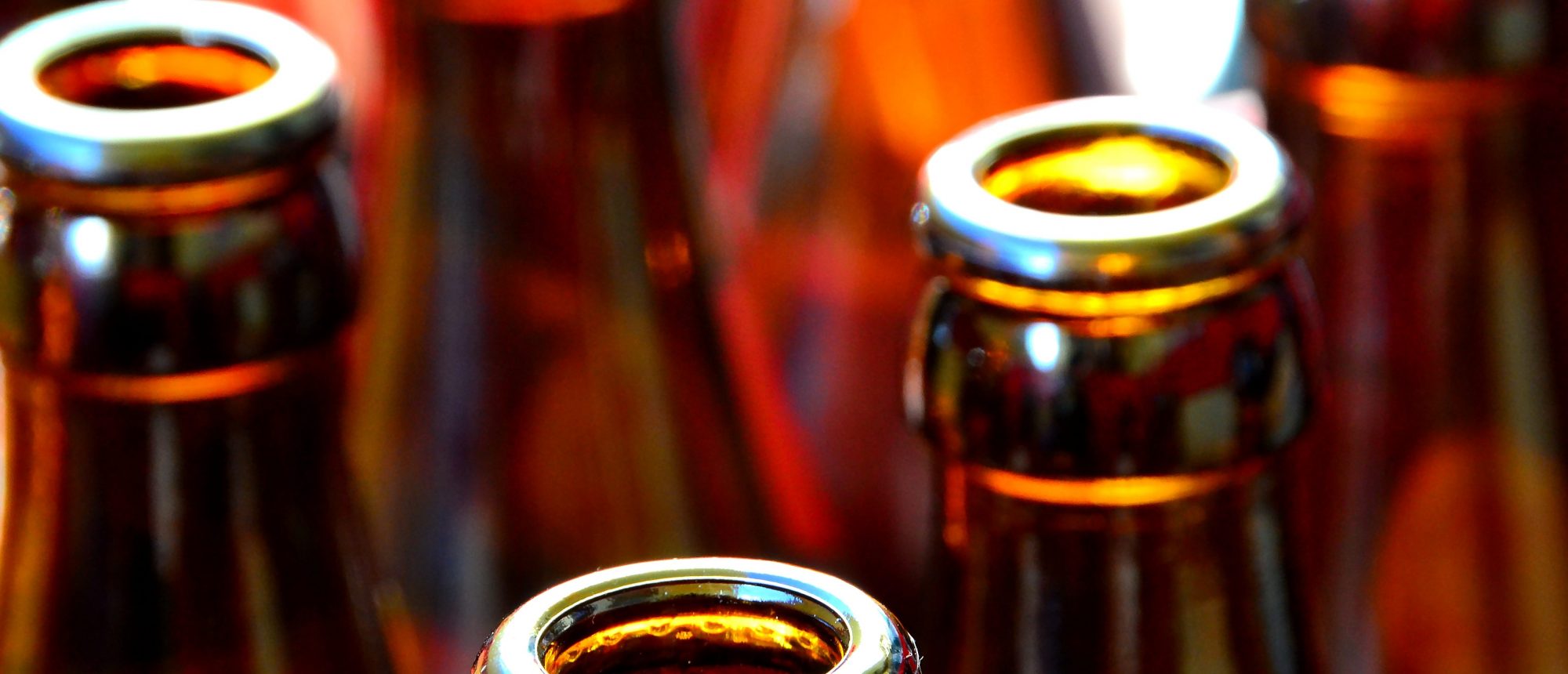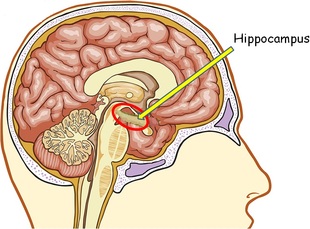
Binge Drinking Can Cause Brain Damage
Experts define binge drinking as consuming 4-5 drinks over a 2 hour period of time. This study points to the dangers of this behavior.
In past generations, teenagers might sneak a “6 pack” of beer to share with friends. Today’s adolescents have changed the way they drink alcohol. They drink larger amounts over a short period of time. Teens don’t come to parties ready to share. They want to become intoxicated, and they expect to do this as quickly as possible. It is common to see a teenager bring 12 beers and liquor to an event and expect to consume it all. For some teens, this is the new normal.
Study Results
 Did you know that binge drinking can cause brain damage? In a study of primates, Taffe, et. al. found binge drinking over a period of 11 months dramatically and persistently decreased brain cell development. Binge drinking damaged the hippocampus region of the brain harming long-term memory. Furthermore, animal studies have shown that adolescence is a time of high vulnerability to brain injuries. This is especially relevant because brain damage from substance use may be brief, or it could be permanent.
Did you know that binge drinking can cause brain damage? In a study of primates, Taffe, et. al. found binge drinking over a period of 11 months dramatically and persistently decreased brain cell development. Binge drinking damaged the hippocampus region of the brain harming long-term memory. Furthermore, animal studies have shown that adolescence is a time of high vulnerability to brain injuries. This is especially relevant because brain damage from substance use may be brief, or it could be permanent.
The negative effects of binge drinking were seen 2 months after ending alcohol use. If you generalize this to humans, you become acutely aware that the effects on educational goals, sports, and relationships could be devastating.
Research in Action
The risk of binge drinking is real! Teens need objective truths about binge drinking. (They will be shocked!) This study (Taffe, et. al.) shows that not only can there be damage damage to the long-term memory section of the brain, but binge drinking can lead to alcohol overdose. Either event can be deadly.
Make sure your child knows to call 911 immediately if a friend or acquaintance passes out after consuming alcohol or drugs. Paramedics don’t judge; they focus on saving the person’s life.
An assessment at ASAP can determine if your child is putting his or her life in danger by binge drinking. ASAP helps you make decisions and get your child the help he or she needs.